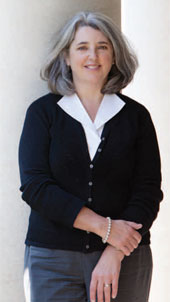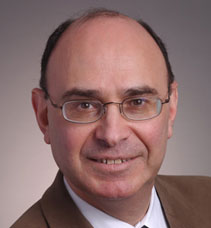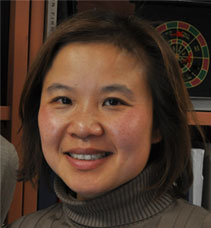Brain Regain
Higher-level brain processes, or executive functions, help us manage nearly every aspect of our lives – from planning tasks to remembering details. Brain injuries and illness can impede these processes from functioning optimally. Baycrest scientists such as Dr. Deirdre Dawson are investigating ways that cognitive interventions can help people after serious brain injury get the most out of their brains and improve their quality of life.
Dr. Dawson’s rehabilitation programs equip patients with the strategies to manage day-to-day tasks, whether it’s as simple as getting dressed, or handling money and shopping. The tools patients acquire enable them to go on to identify their own problems and devise their own solutions in everyday life.
Dr. Deirdre Dawson
Senior Scientist




